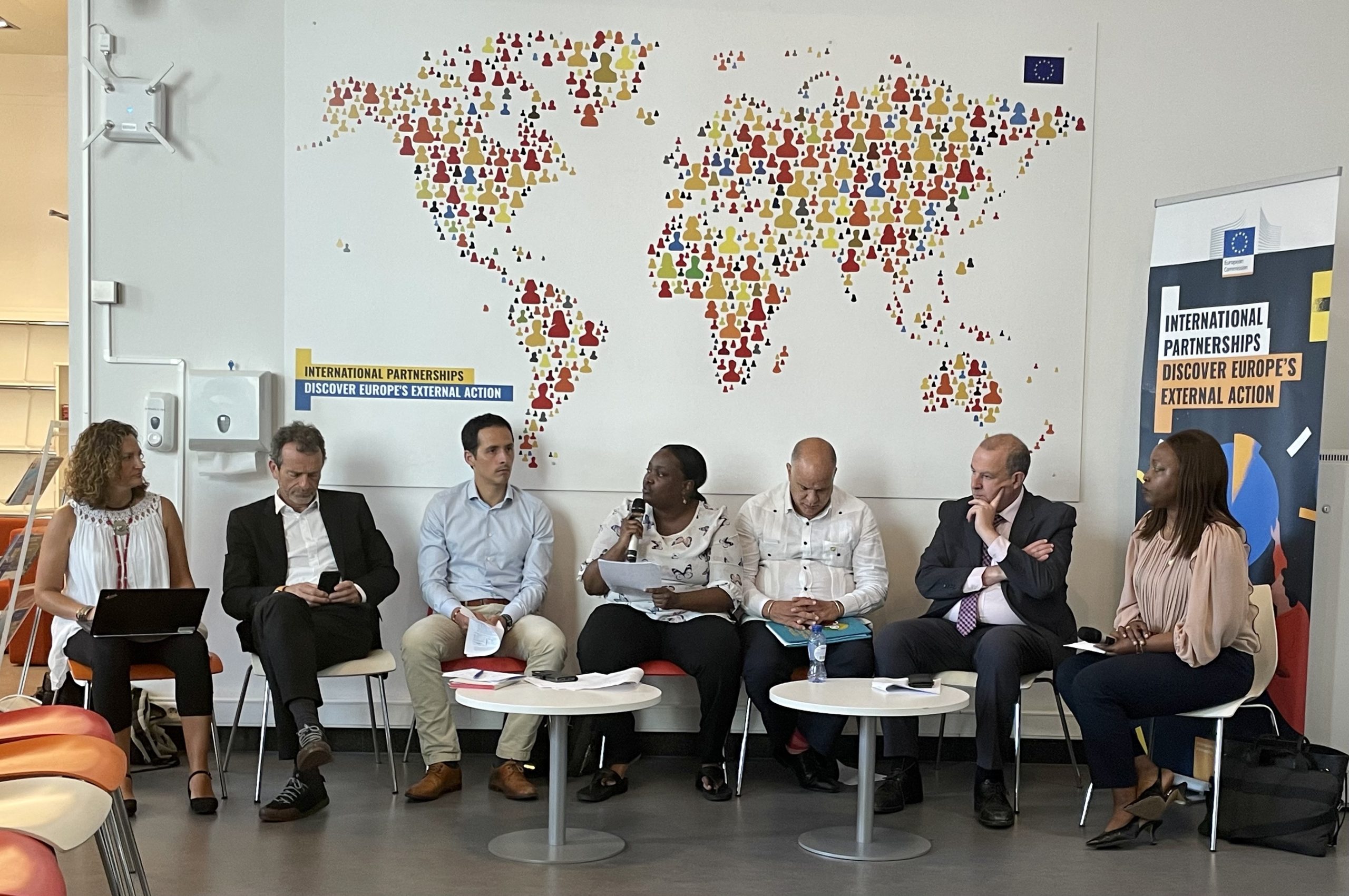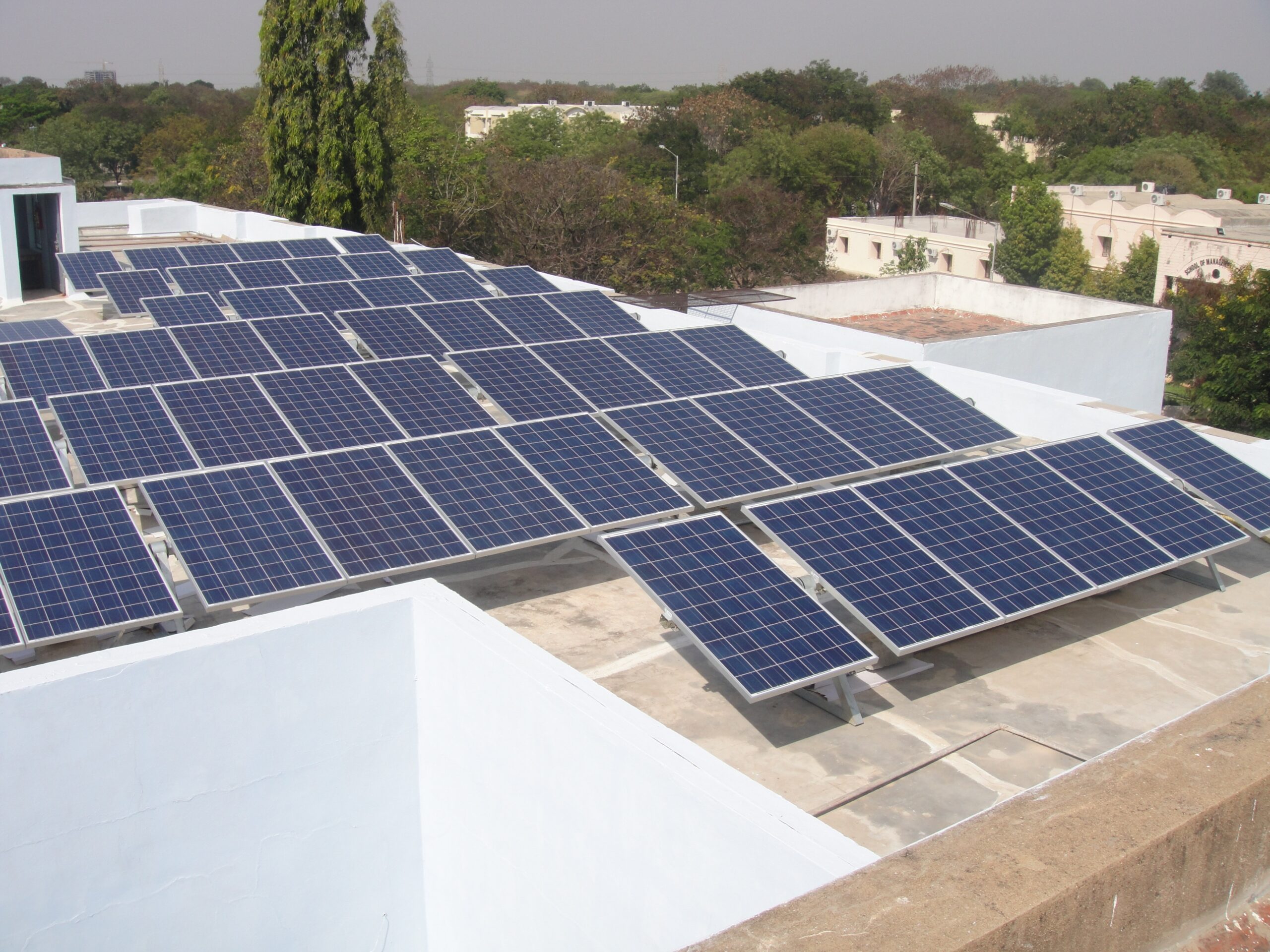InfoPoint event: How AgriFI Tackles the “Missing Middle”: The Example of INUA Impact Fund

The InfoPoint event held on June 16, 2023, aimed to share insights on the use of EU blending instruments by focusing on the example of INUA Impact Fund, an inaugural resident impact investment equity fund in Uganda. The event provided a platform to introduce the INUA Impact Fund, its objectives, and its impact on the underserved segment of the Ugandan market.
Leonard Mizzi, Head of Unit, DG INTPA, European Commission opened the event by emphasizing the timeliness of the INUA Impact fund presentation, acknowledging that access to finance, particularly for women, is a persistent concern in food system transformation.
The Dakar (food and agriculture) compacts, highlighted the crucial importance of access to finance. According to the Uganda country food and agriculture delivery compact for example, the government of Uganda estimates a total of $2.43 billion to invest in the agriculture sector. This investment is intended to meet production and export targets, leading to significant progress towards achieving middle-income status by 2025. However, the challenge lies in reconciling small ticket sizes (in investments) with the need for substantial more impactful mega investments. This is the gap we identified and that we are trying to solve – the missing middle. The European Commission has already invested approximately $210 million in various funds over the past 4-5 years, with ticket sizes ranging from $0.2 million to $20 million. However, it is crucial to determine whether the current funding efforts adequately address the gap and how can we scale up further. More discussions with DFIs are required – also linked to the Global Gateway ambitions.
Escipion Oliveira, Assistant Secretary General, Sustainable Economic Transformation and Trade at Secretariat of the Organisation of African, Caribbean and Pacific States (OACPS), stressed the importance of facilitating access to finance for the missing middle and highlighted the need for synergy with other intra-ACP programs. He emphasized the significance of intervention complementing regional initiatives, such as the Africa Continental Free Trade Area. The ACP-EU PSD cooperation framework and various programs, including the Framework Programme on Agriculture value chains, play a crucial role in supporting countries to prepare for new EU rules on sustainability.
Guillaume Simoes, AgriFI Senior Investment Officer, EDFI Management Company, presented EDFI AgriFI, a blending facility funded by the EU, which aims to unlock, accelerate, and leverage investments with high impact on smallholders. EDFI AgriFI invested in the INUA Impact Fund, a gender-lens private equity fund in Uganda that provides patient and catalytic capital to SMEs with really small tickets (USD 100,000 to USD 500,000). Thanks to AgriFI investment, INUA should support ~10 agri SMEs which will provide access to the market for farmers, reinforce food security in the region and create jobs throughout the value chain. But, most importantly, INUA will help to lift the financial barriers that women face in agriculture both at the farm and SME levels. It was underlined that most financial barriers affecting women-owned SMEs occur at the startup phase. Hence, closing the gender financing gap requires to finance early-stage enterprises in need of smaller loans.
Kim Kamarebe, CEO of INUA Impact Fund highlighted Uganda’s potential as an agricultural powerhouse and the challenges faced by smallholder farmers and women-led businesses in the country. The INUA Impact Fund invests in Ugandan SMEs with a focus on gender equality and impact and has a pioneering role in building an investment ecosystem for SMEs in Uganda. By investing with a gender lens, ESG lens, and impact lens, the fund promotes responsible business practices, economic development, and the growth of Uganda’s future business and industry leaders. Kim highlighted the impact the fund will have by supporting 30-40 SMEs within the next 10 years (of which more than 25% will be in agriculture) and which should enable to create and maintain over 1,000 direct jobs and have an impact on 10,000 farmers.
The event was closed by Regis Meritan, Head of the Sector “Agriculture Growth” in the Unit Sustainable Agri-Food Systems and Fisheries at the European Commission who emphasized the European Commission’s commitment to supporting sustainable agriculture and rural development in partner countries
“The AgriFI facility is a vital component of this commitment, providing blended finance to bridge the financing gap for agri-SMEs and smallholder farmers. Through strategic partnerships with investors like the INUA Impact Fund, AgriFI enables the flow of private investments into the agricultural sector, fostering economic growth, job creation, and poverty reduction. The gender lens approach of INUA aligns with the EU’s objective of promoting gender equality and women’s empowerment in all sectors, including agriculture.”
The InfoPoint event served as a platform to showcase the AgriFI facility’s achievements and shed light on the INUA Impact Fund’s innovative approach to investing in the “missing middle” in Uganda. By combining public and private resources, blended finance mechanisms like AgriFI facilitate sustainable investments in the agricultural sector, unlocking opportunities for growth, resilience, and social impact. The INUA Impact Fund, with its gender lens approach, plays a crucial role in supporting women-led businesses and promoting gender equality in the agricultural sector. Overall, the event demonstrated the potential of such initiatives to drive inclusive and sustainable agricultural development in Uganda and beyond.
You can see the full video of the event here.
EDFI AgriFI – ACP Regional Window, is a dedicated facility within the EDFI-Agriculture Financing Initiative allocated to entities operating in Members of the OACPS. Funded by the European Union in the framework of the 11th EDF Intra – ACP Private Sector Development Programmes, the regional window will provide medium to long-term financing to private sector enterprises and institutions active in the agri-food value chain and benefitting smallholder farmers.
